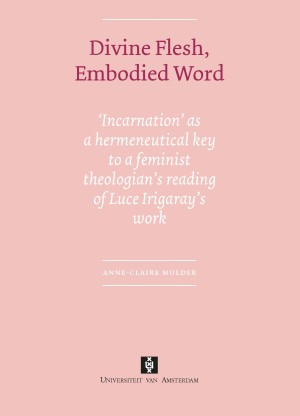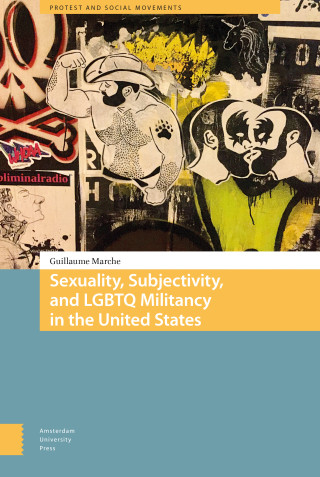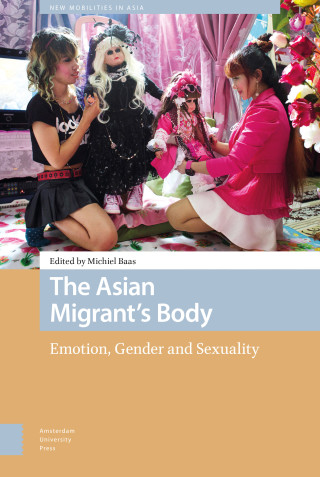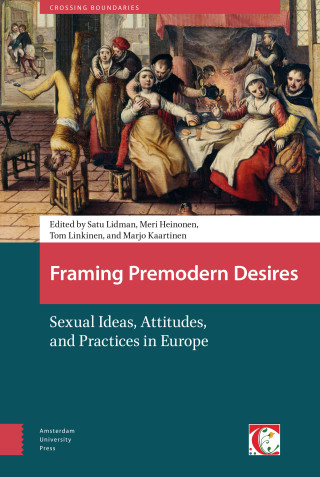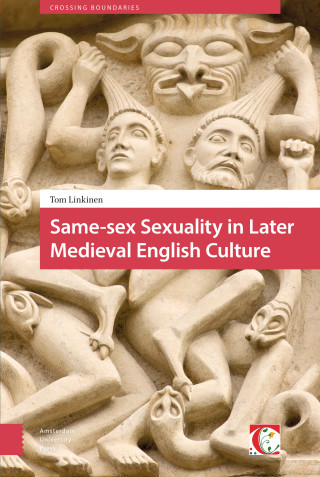What has Luce Irigaray’s statement that women need a God to do with her thoughts on the relation between body and mind, or the sensible and the intelligible?
Using the theological notion ‘incarnation’ as a hermeneutical key, Anne-Claire Mulder brings together and illuminates the interrelations between these different themes in Luce Irigaray’s work. Seesawing between Luce Irigaray’s critique of philosophical discourse and her constructive philosophy, Mulder elucidates Irigaray’s thoughts on the relations between ‘becoming woman’ and ‘becoming divine’. She shows that Luce Irigaray’s restaging of the relation between the sensible and the intelligible, between flesh and Word, is key to her reinterpretation of the relation between woman and God. In and through her interpretation of Luce Irigaray’s thoughts on the flesh she argues that the relation between flesh and Word must be seen as a dialectical one, instead of as a dualistic relation. This means that ‘incarnation’ is no longer seen as a one-way process of Word becoming flesh, but as a continuing process of flesh becoming word and word becoming flesh. For all images and thoughts – including those of ‘God’ – are produced by the flesh, divine in its creativity inexhaustibility, in response to the touch of the other. And these images, thoughts, words in turn become embodied, by touching and moving the flesh of the subject.

